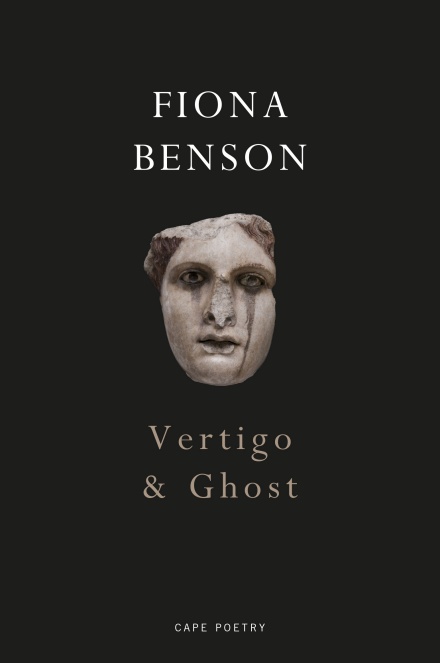[transformation: Daphne]
Who roots, flares into leaf, becomes tree.
But in the change before the change
Zeus’s son courses her like a hound
and Daphne is a hare, trying to leap free.
That day at the races a whippet lost its head
in the hold, its cries leaking out of the dark trap
like poisoned milk. Then clank and all the gates
lifted, and the dogs streaked out, hurtling after
a dummy on castors, which rattled over the sleepers
of a long, greased rail. The pack was an unreadable blur.
Once it was over, handlers hooked their legs
over the barrier and came for their dogs,
clipping on each leash. Zeus behind the scenes:
his electric-shock collar, his snippets of meat.
Out beyond the pale there’s no straight course,
just waterlogged fields and Daphne’s hectic
blurts of speed. She’s at the edge of her wits,
retching with fear, and he is everywhere,
stumbling her up, ahead of her, above,
his stink, his spit; he hollers and barks
in the rough of his throat, cuffs out her legs
from under her, tears at her flanks with his teeth
but still delays, and still she doubles back
and jinks and feints and flees.
By nightfall she is ragged in her hind-end,
blood-ebbed and frayed and wanting to be gone
into the gentleness, though there’s this bright light,
this dazzle in her eyes, that won’t let her sleep.
She cries for her daddy like any other girl
who’s run beyond her strength, whose heart has failed.
When a hare dies it screams like a mortal child.
Disconcerted, Apollo looks up from the field.
There’s Zeus in the dark holding the lamp,
keeping it steady for the rape, and the kill.
*
MENINGITIS
My grandmother, diminished in her bones,
loyal to her large-print Mills & Boon
and her soaps, bent perpendicular over her zimmer,
weeping, still weeping for her daughter June,
who was sweet, so sweet, the child of her heart –
soft blonde curls and forget‑me‑not eyes,
gentle and kind – how June took care of the evacuees,
holding out their towels as they stepped
from the disinfectant bath to be deloused.
How, after all that – the World’s War
and its shell-shocked peace, the Mickey Mouse
gas mask packed away at last, June
went to bed with half a soluble aspirin
for a headache and by the morning was gone.
The way my grandmother tells it, she didn’t know
there was anything out of the ordinary wrong,
and June died in the night in wet sheets, alone,
as the terrible roses bloomed beneath her skin.
My grandmother out of her mind with pain,
writhing and kicking on the kitchen linoleum,
while my uncle as a boy watched on.
Which is why my father came to be born,
to bring her back to the living, a baby to hold.
And this is my inheritance, this heirloom of grief:
the way my daughters’ fevers crush me,
how I check their skin obsessively
for tell-tale burns, how I scoop them
out of the flames where the devil eats them,
daughter like a hot poultice I hold
against my frightened heart, the marks I make
above my door that the angel of the plague
might pass, where my grandmother waits,
standing on the threshold in her red velour slippers,
unable to step over, peering fearfully into the dark.

These poems appear in Vertigo & Ghost by Fiona Benson, published by Jonathan Cape, £10.00. Vertigo & Ghost has been shortlisted for the Rathbones Folio Prize 2020.







